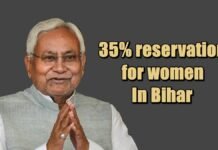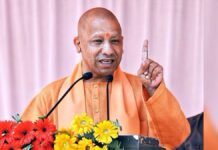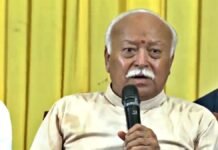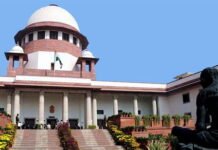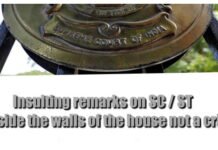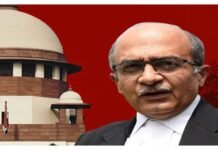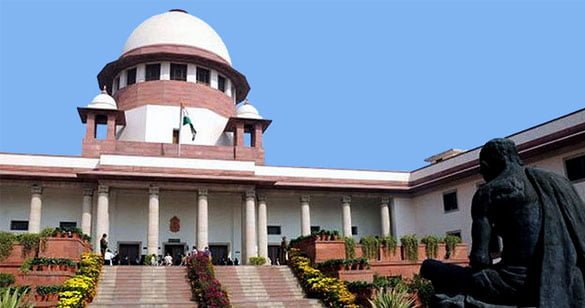
New Delhi: The Supreme Court on Thursday said in an important judgment that the 2004 system of sub-classification of Scheduled Castes and Scheduled Tribes into states not empowered to give them the benefit of reservation requires re-consideration by a bench of seven or more judges. A five-member Constitution bench headed by Justice Arun Mishra said states should be allowed to prioritize “even the poorest of the poor” among scheduled castes and tribes.
The bench emphasized the need for a deliberate decision regarding the effect of the provision of the Constitution and asked whether such subclassification should be allowed only among socially and educationally backward classes and not in the case of Scheduled Castes and Scheduled Tribes.

The apex court said that broadly the benefit of reservation is not reaching even the poorest among the needy and the poor and it is quite clear that a system can be implemented to separate the affluent sections of scheduled castes and scheduled tribes. Other members of the Constitution Bench include Justice Indira Banerjee, Justice Vineet Saran, Justice MR Shah and Justice Anirudh Bose.
The Constitution Bench said that in EV Chinnaiya case a five-member Constitution Bench had said that states cannot give priority to certain Scheduled Castes as it would tamper with the President’s list of Scheduled Castes and Tribes provided in the Constitution and to consider it the wanted.
The Constitution Bench said, “The framers of the Constitution did not envisage reservation forever. On the one hand, there is no system of separating those who have gone ahead, on the other hand, if subclassification is ruled out, then it will have to deny the right to equality to disparage people.
The court said, “States cannot be deprived of the right to take corrective measures to take care of classes with qualitative and quantitative differences prevailing among different classes.”
The bench said, “We support the opinion of the three judges that the decision in the EV Chinnaiah case needs to be considered by the larger bench and especially in view of the amendment to the Constitution.” The bench said that we cannot reconsider the EV Chinnaiah case due to being a bench with equal members. We request the Chief Justice, as he deems fit, to present these cases before a bench consisting of seven or more members.
During the hearing of the appeal of the Punjab Government against the decision of the Punjab and Haryana High Court to this Constitution Bench, the legal issues before the three-member bench were sent for consideration. The Punjab government had made a provision in the Punjab Scheduled Castes and Backward Classes (Reservation in Jobs) Act, 2006 that 50 percent of the seats reserved for Scheduled Castes would be given to the Balmiki and religious Sikhs. This provision was repealed by the High Court on the basis of the 2004 judgment.






































